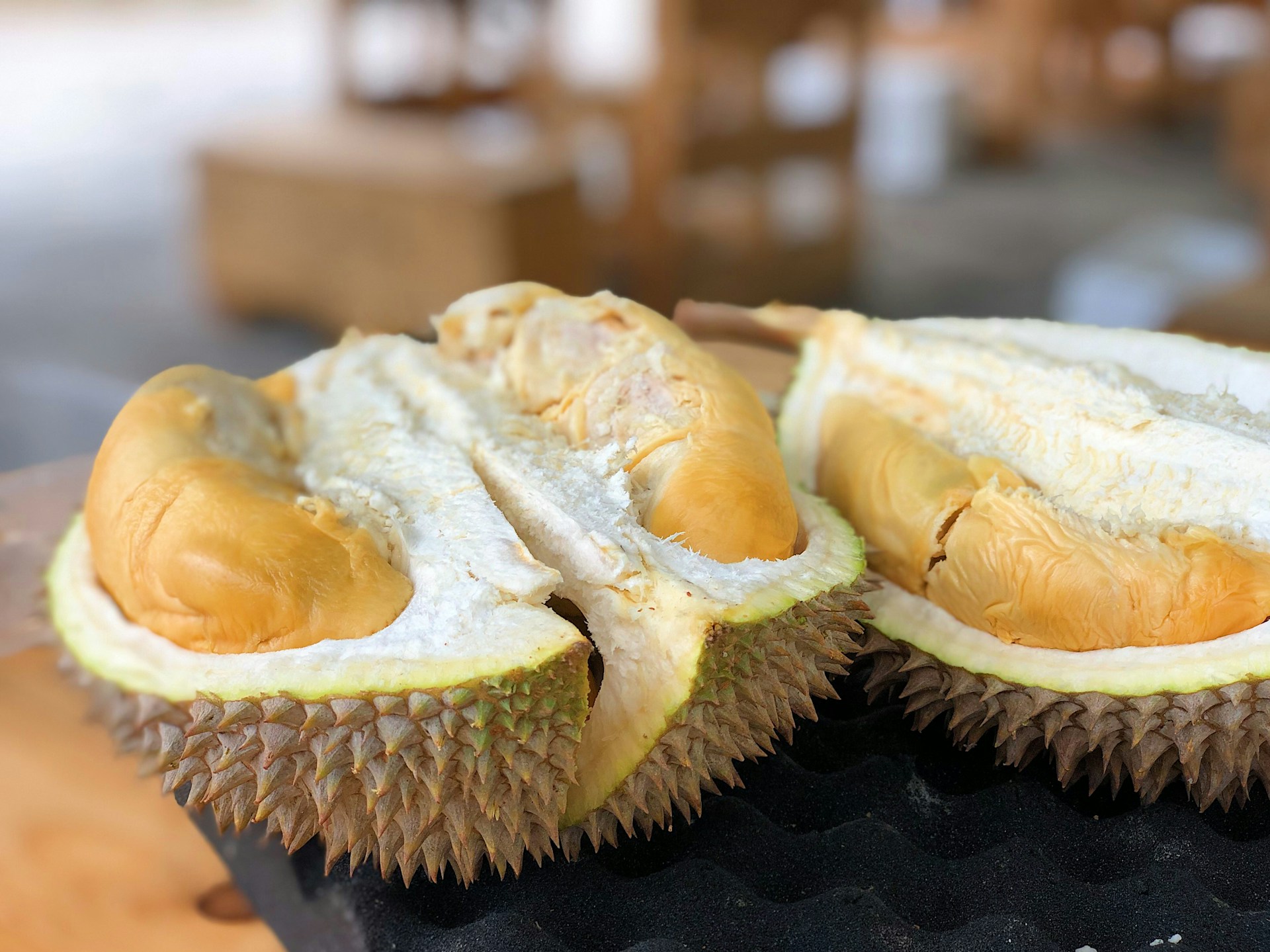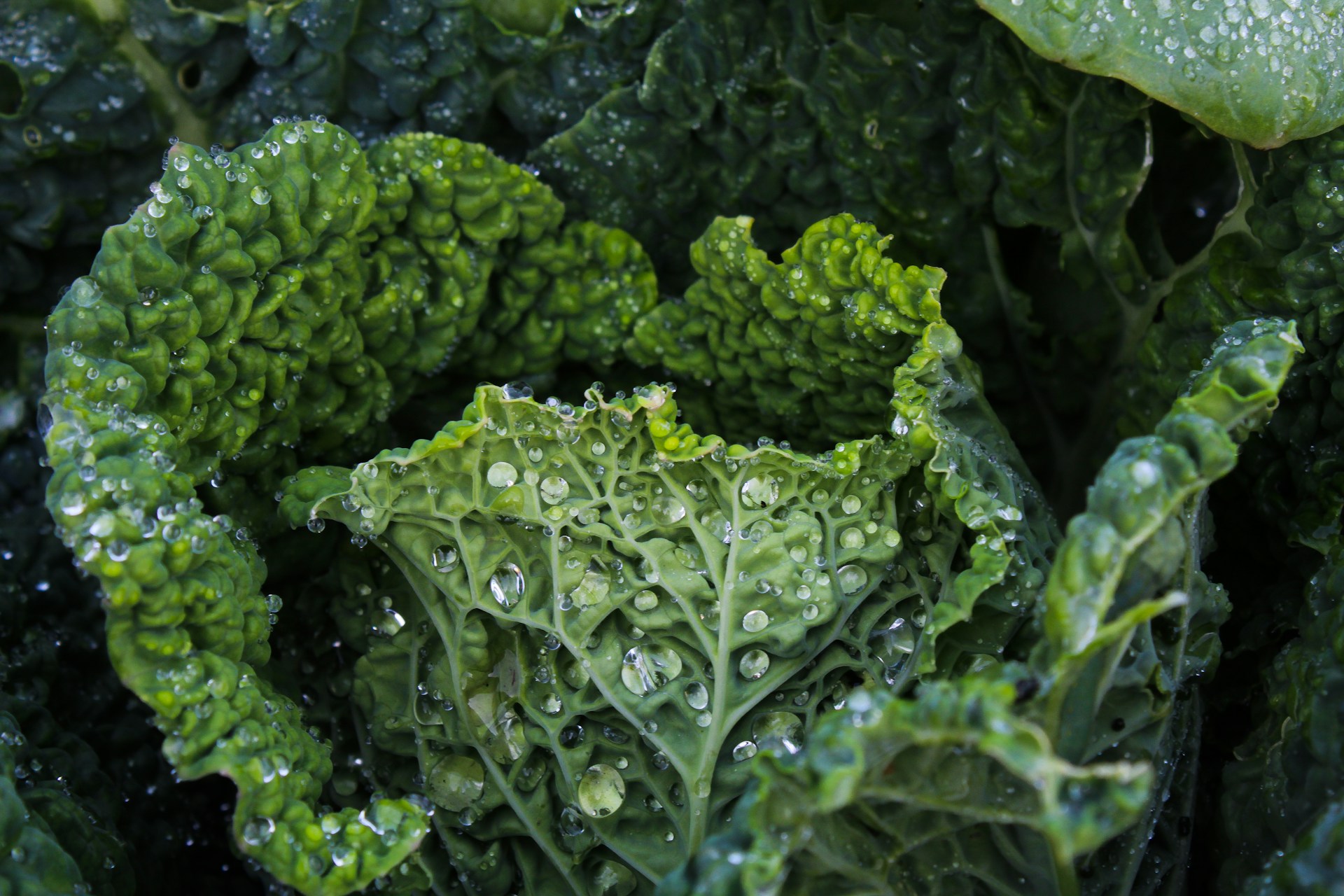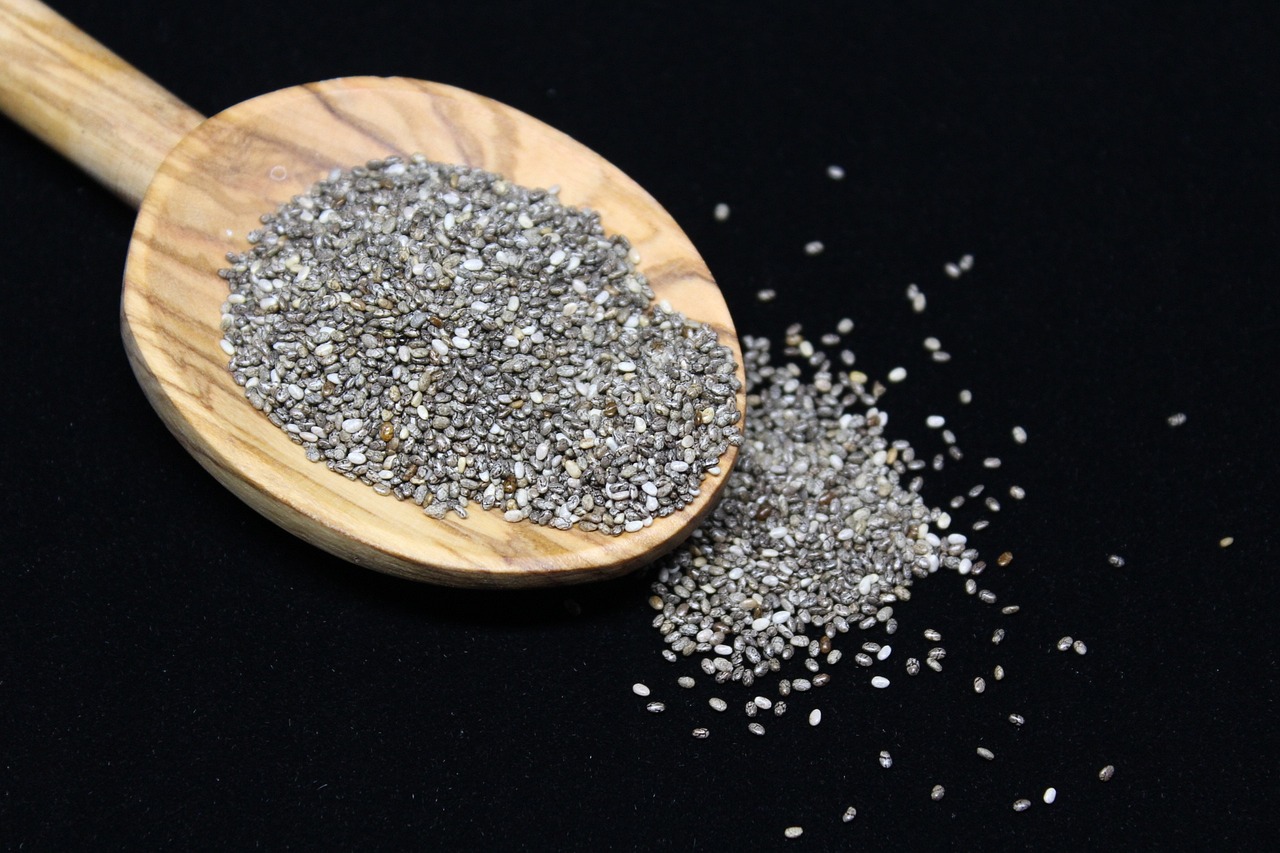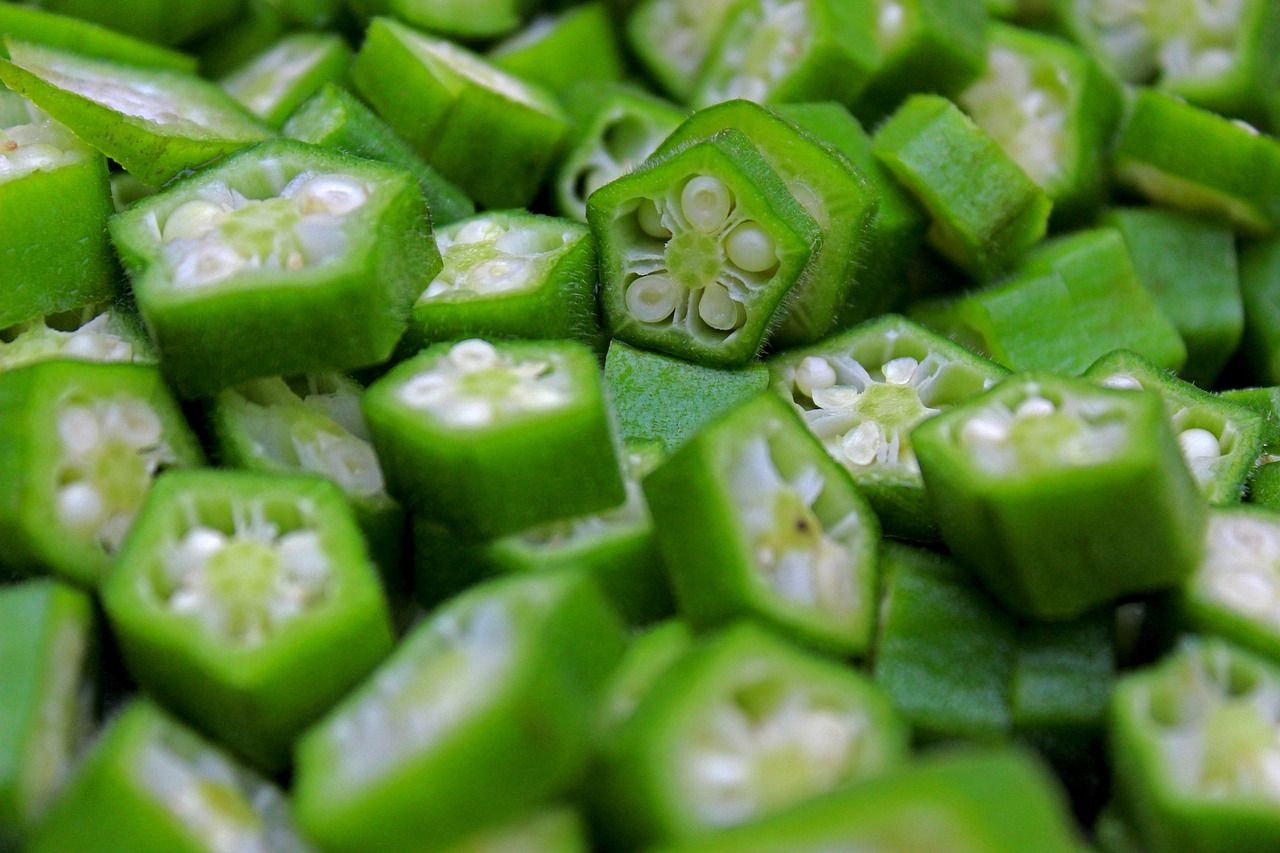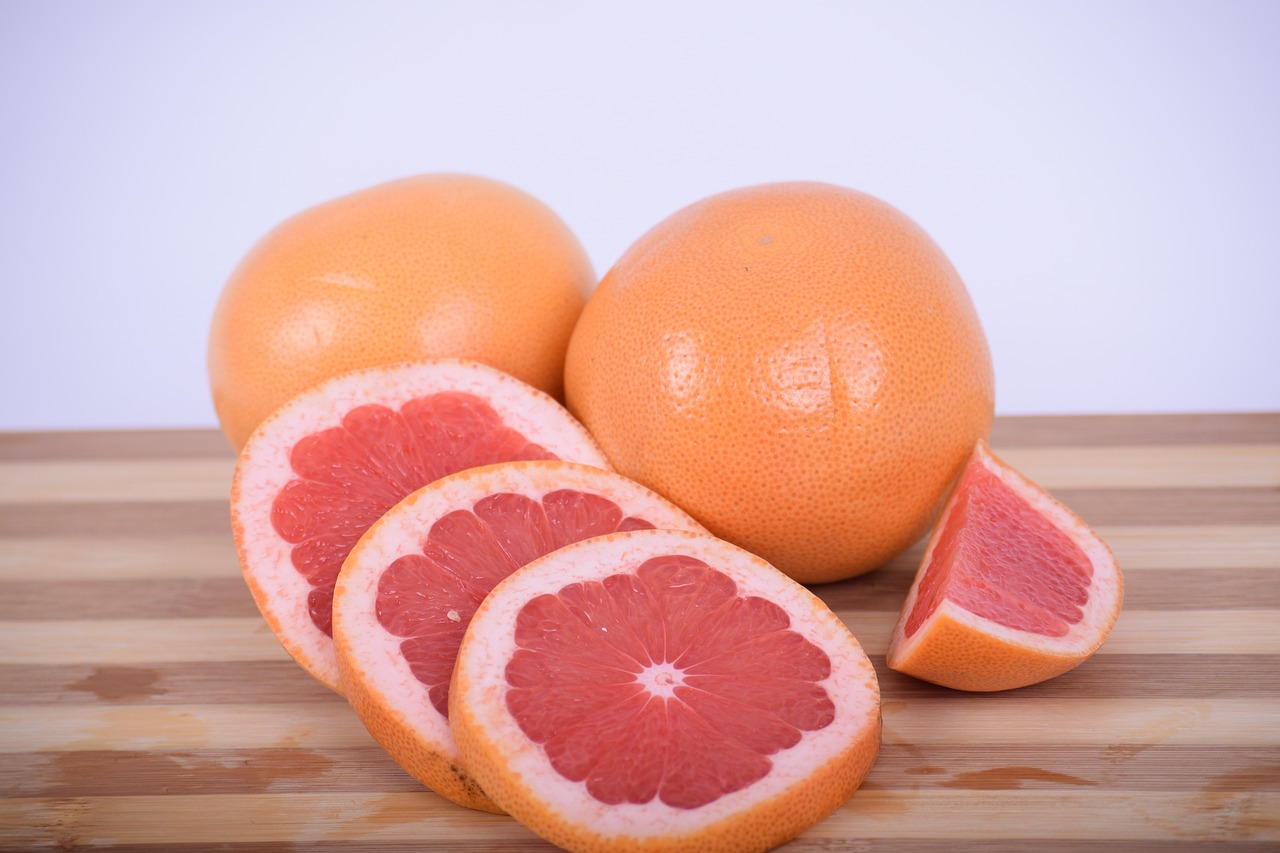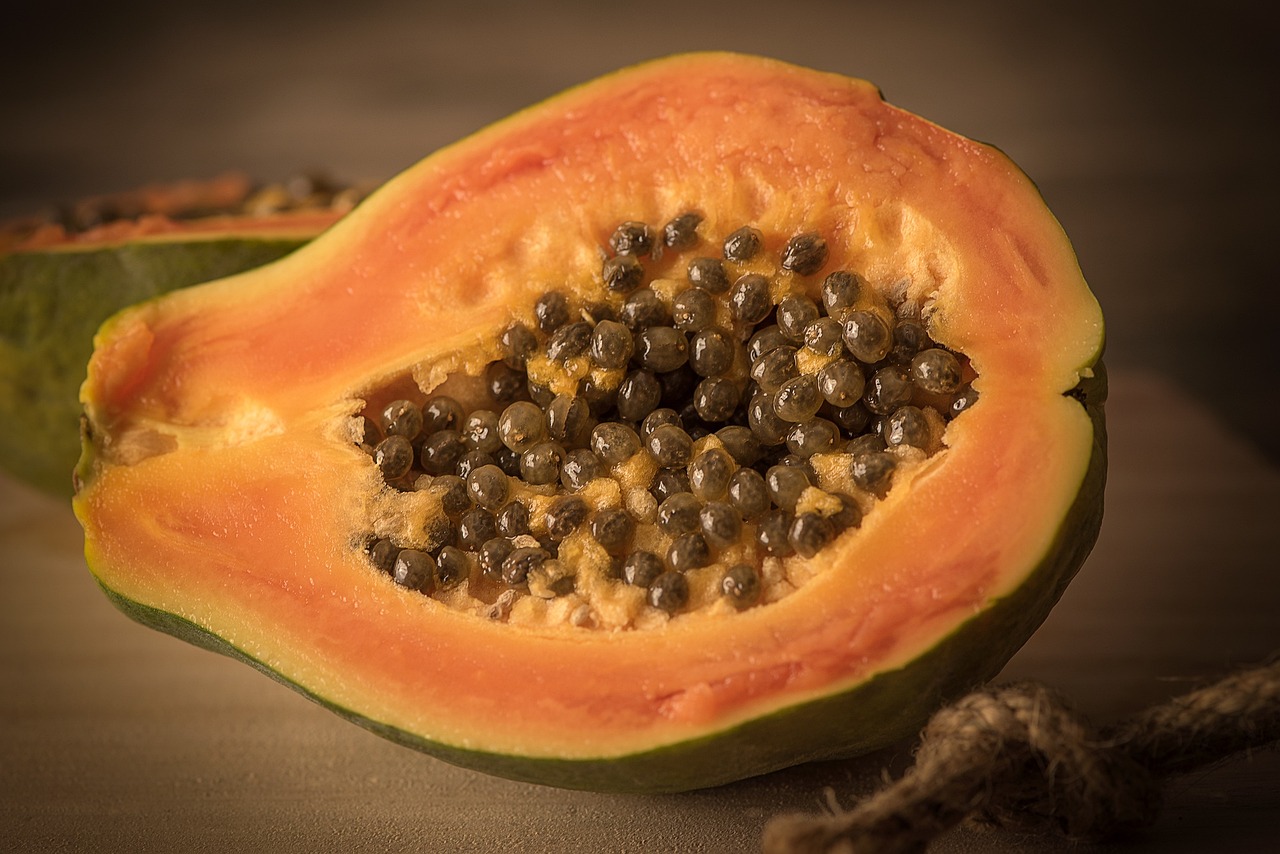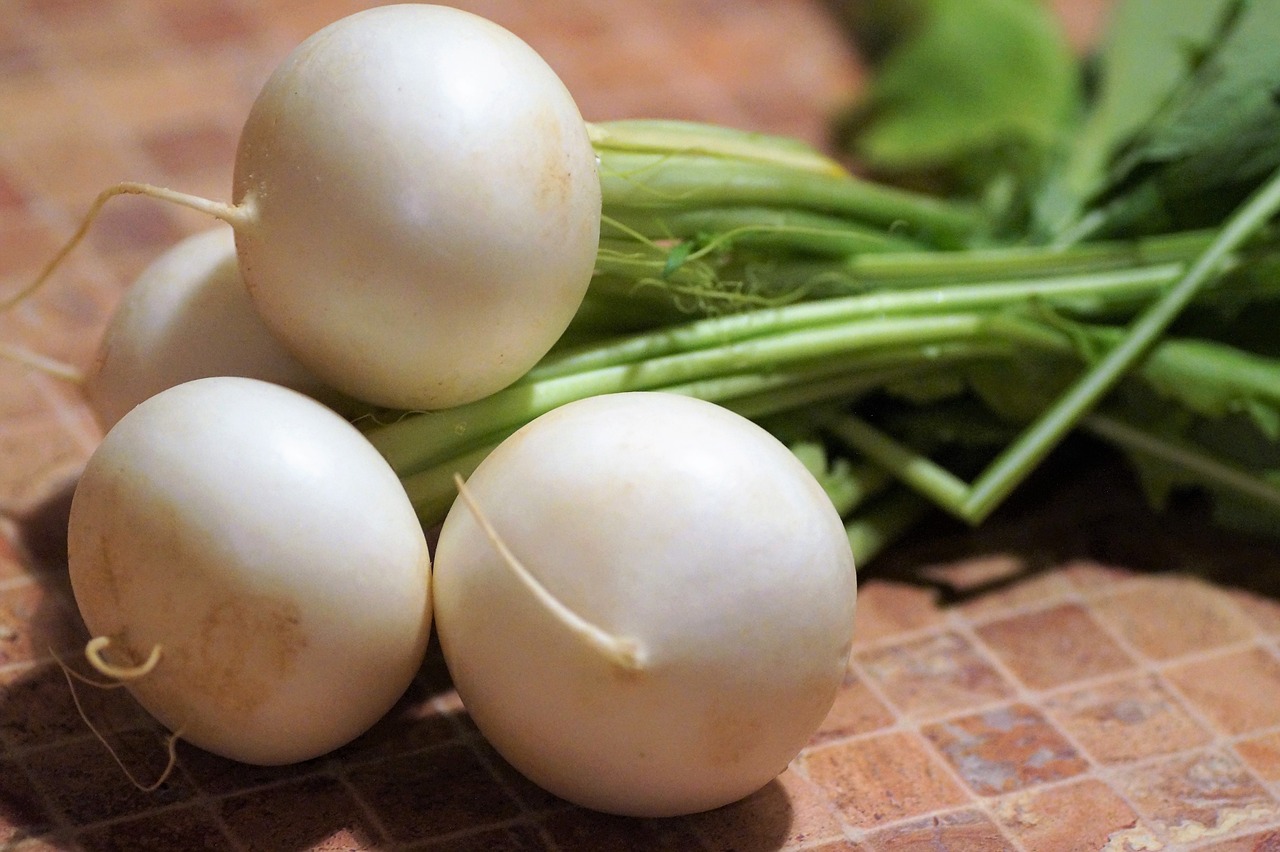Although these fruits and vegetables we've listed below have some wondrous health benefits, it's a shame to say people don't eat them that often because they don't taste great. Whether it's their smell, taste, or texture, there's just something about these 20 foods that have people staying away from them. How many of these foods do you avoid?
1. Brussels Sprouts
Behold, one of the most hated vegetables in America, the Brussels sprout. Disliked by kids and adults alike, it's their strong, bitter taste and sulfurous smell when cooked that leads people to avoid them. It's sad though, because Brussels sprouts are very nutritious, packed with vitamins C and K, fiber, and antioxidants. Here's to hoping they'll be appreciated one day.
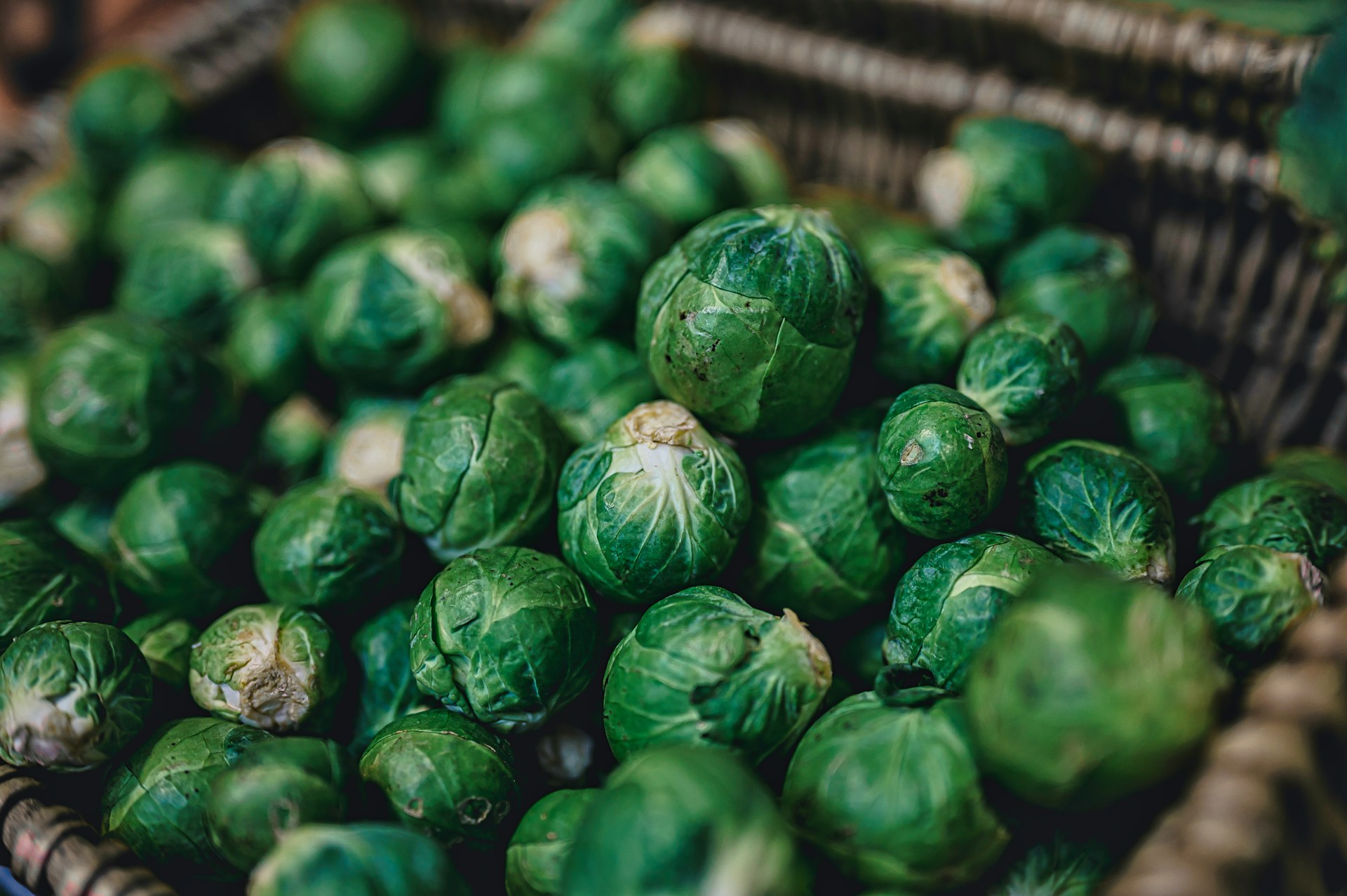 Photo by Jez Timms on Unsplash
Photo by Jez Timms on Unsplash
2. Durian
Known as the "king of fruits," durian is one fruit that's name is enough to make people step away. Although it's rich in vitamins, minerals, and fiber, its nutritional benefits can't seem to outweigh its smell. Due to its incredibly pungent smell that people liken to garbage or feet, its flavour profile is one that you either enjoy or passionately hate. Most people fall under the latter.
3. Bitter Melon
The name says it all! Eaten more frequently in Asian cultures, bitter melon is hated despite its amazing health benefits, including its ability to lower blood sugar levels and improve diabetic health. To put it simply, its extremely bitter taste just isn't palatable for most people.
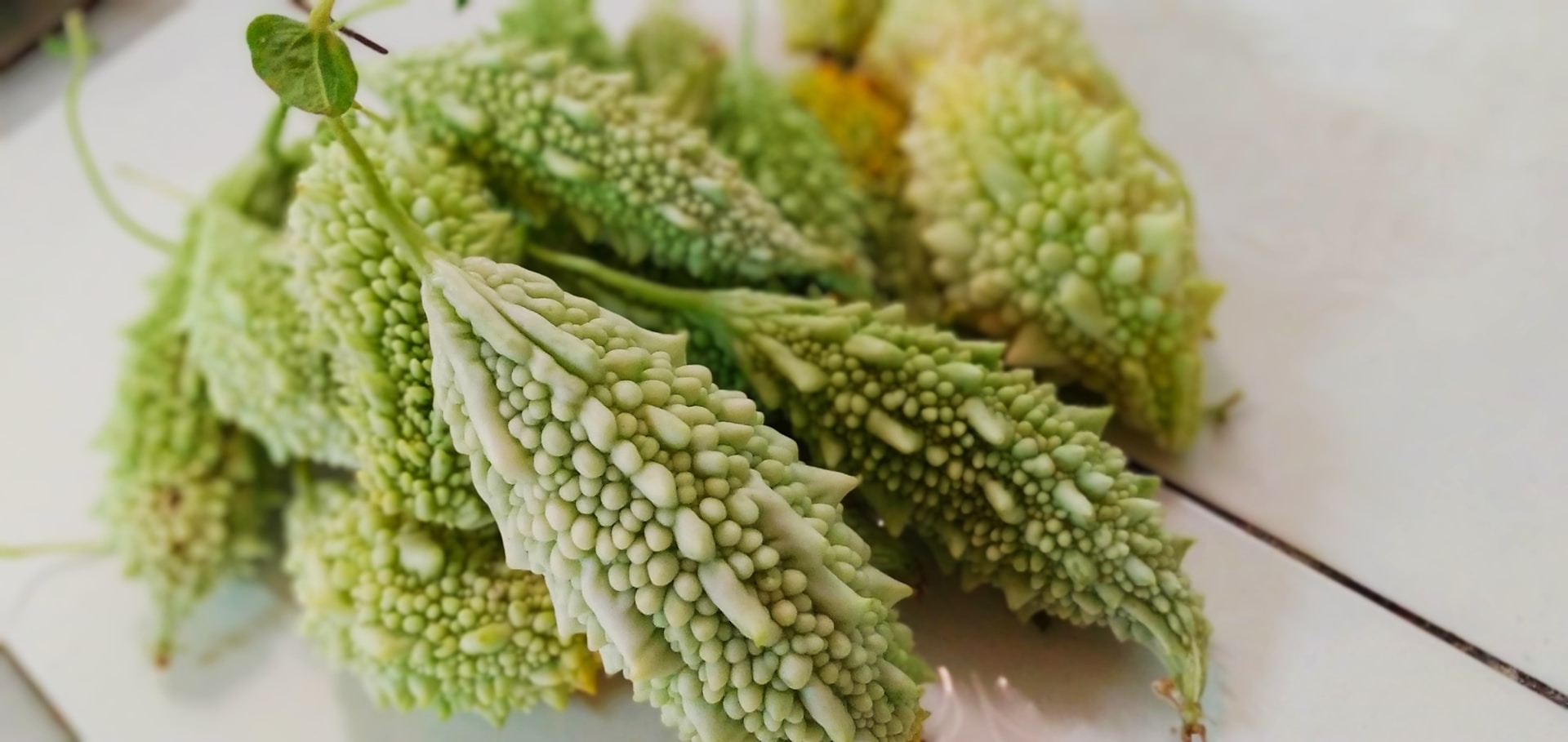 Photo by Misty Rose on Unsplash
Photo by Misty Rose on Unsplash
4. Liver
We're not surprised liver is so heavily avoided by the general public - it's liver after all! Although it's an excellent source of iron, vitamin A, and protein, its strong metallic taste combined with its unsavory texture makes liver one food most people shy away from.
 Photo by Thomas Iversen on Unsplash
Photo by Thomas Iversen on Unsplash
5. Beets
Beets may be healthy, but that fact is quickly overshadowed by their awfully earthy taste that doesn't quite sit well with many people. Not to mention they have a tendency to stain everything people touch! Unfortunately, those traits beat out this vegetable's high in fiber, folate (vitamin B9), manganese, potassium, iron, and vitamin C benefits.
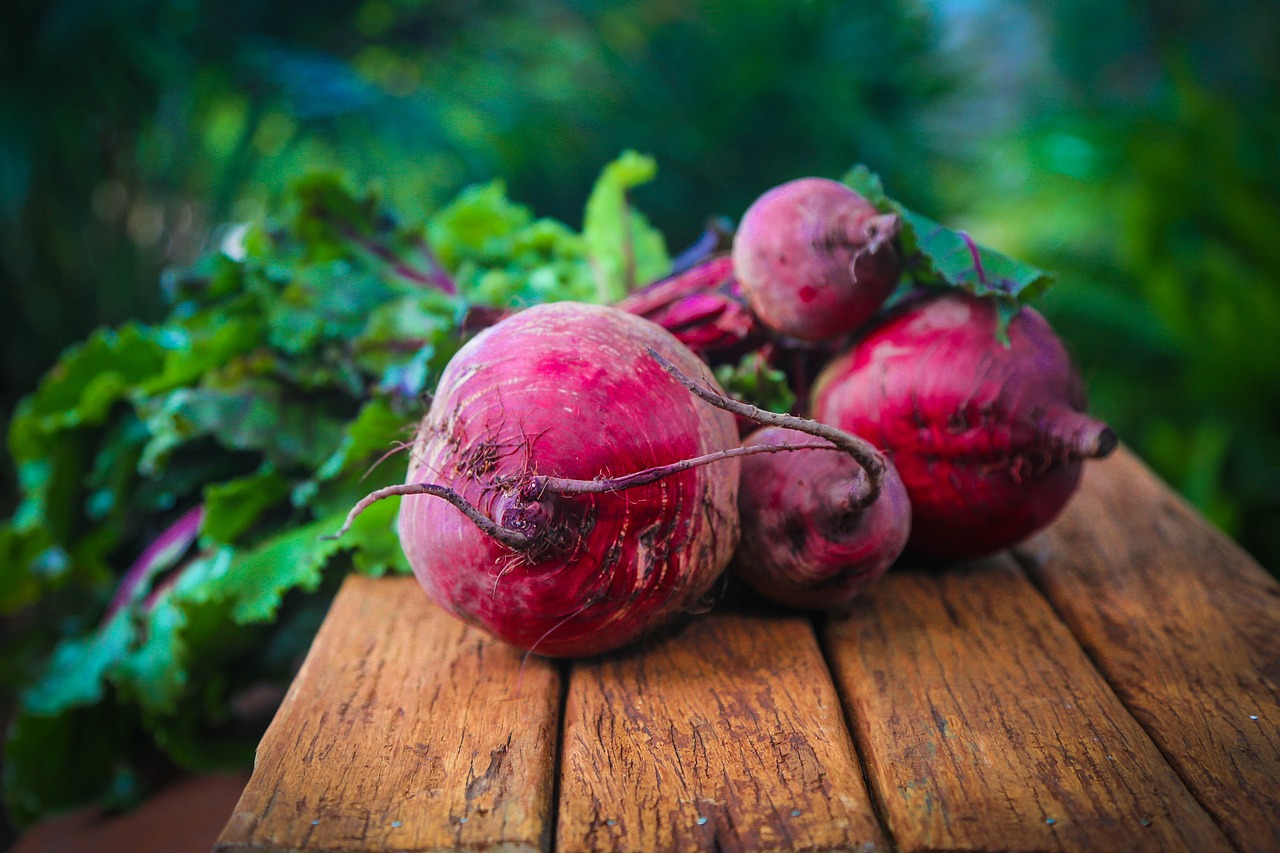 Image by Tracy Lundgren from Pixabay
Image by Tracy Lundgren from Pixabay
6. Sardines
Oh boy. Sure, sardines are highly nutritious thanks to being a great source of omega-3 fatty acids, proteins, vitamins, and minerals, but who can deal with that overly fishy taste? Thanks to their strong fishy flavour, it's one food that many people just don't enjoy.
 Photo by Murielle Hunt on Unsplash
Photo by Murielle Hunt on Unsplash
7. Kale
Although this superfood has garnered much attention on social media for its amazing health benefits, there are still many people who turn away from eating it. Kale is a nutrient-dense food that's packed with vitamins A, K, C, and other minerals. While that sounds great, many people still complain about its tough texture and bitter taste, forcing many to turn away.
8. Fermented Foods (e.g., Kimchi, Sauerkraut)
Fermented foods can be excellent for gut health because they offer a rich source of probiotics. But unfortunately, that tangy, sour taste and sometimes pungent smell of fermented foods can be especially off-putting for some people. We're pretty sure just the word "fermented" scares a lot of individuals.
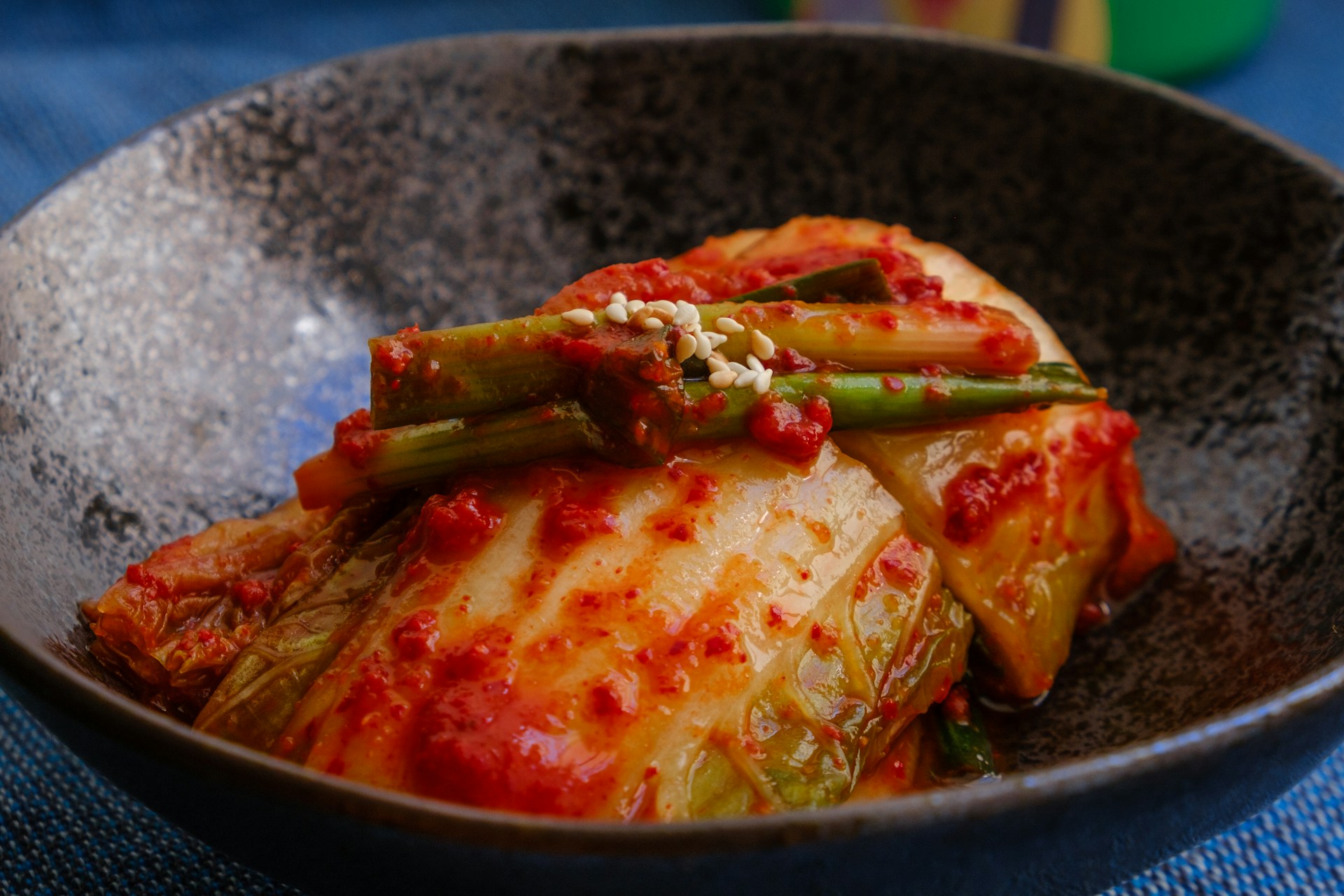 Photo by Portuguese Gravity on Unsplash
Photo by Portuguese Gravity on Unsplash
9. Sea Vegetables (e.g., Seaweed)
Sea vegetables like seaweed are packed with iodine, calcium, and vitamins A and C, but because they come from the ocean, they have that distinct, oceanic taste that lots of people don't enjoy. Some might even call it an acquired taste. Unfortunately, this causes many people to avoid them altogether.
10. Tofu
Tofu is a great source of protein, iron, and calcium, coming in especially handy for those following a plant-based diet, but is still regarded as a mysterious food to many. Its bland taste combined with its spongy, bouncy texture is confusing for a lot of people. For those who don't know how to season or prepare it correctly, it can be seen as an unappealing food.
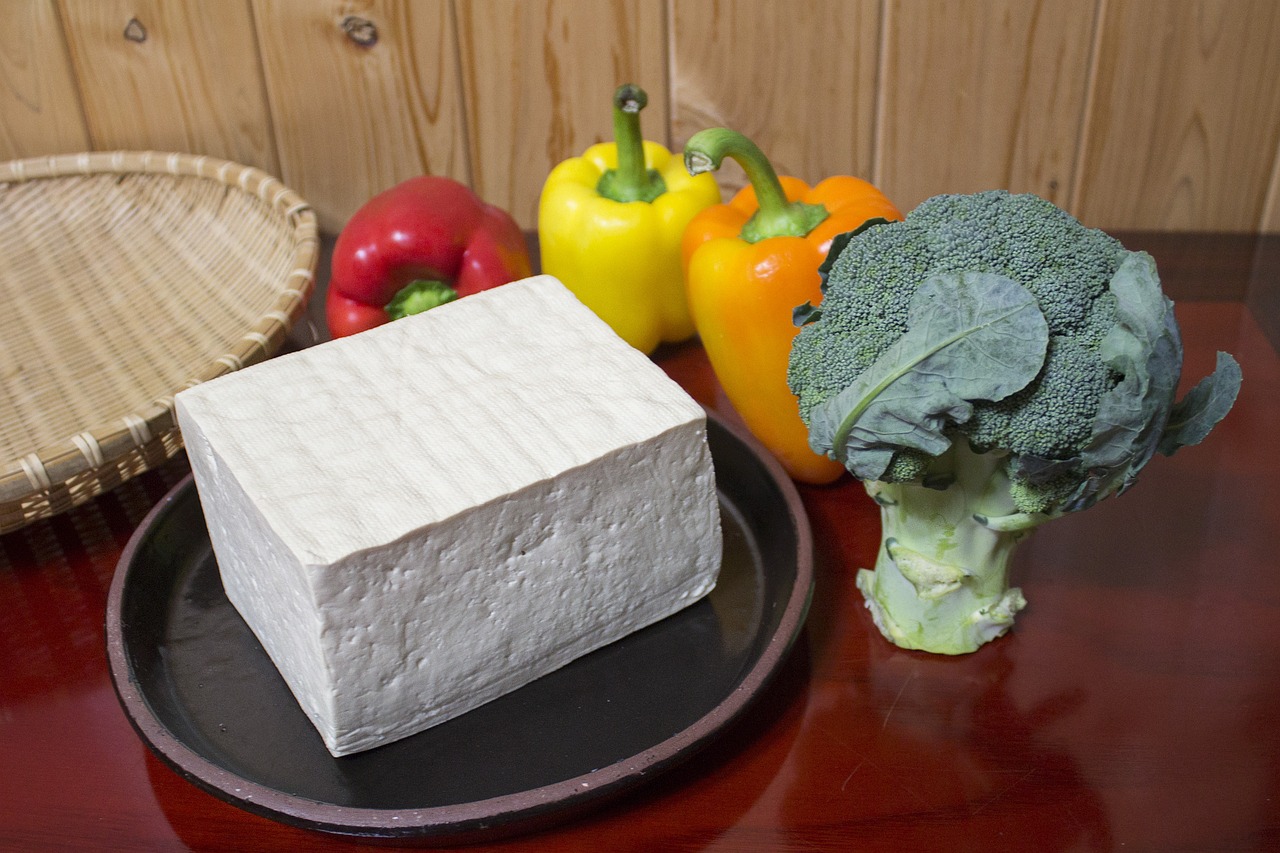 Image by hanul choi from Pixabay
Image by hanul choi from Pixabay
11. Celery
Although celery is often considered a "zero calorie" food and is a great snack that provides plenty of hydration and fiber, it's quite the polarizing vegetable. Most people either love it or hate it! For individuals that hate celery, it's likely due to the fact that it's bland, has a mild bitter taste, and an unusual stringy texture.
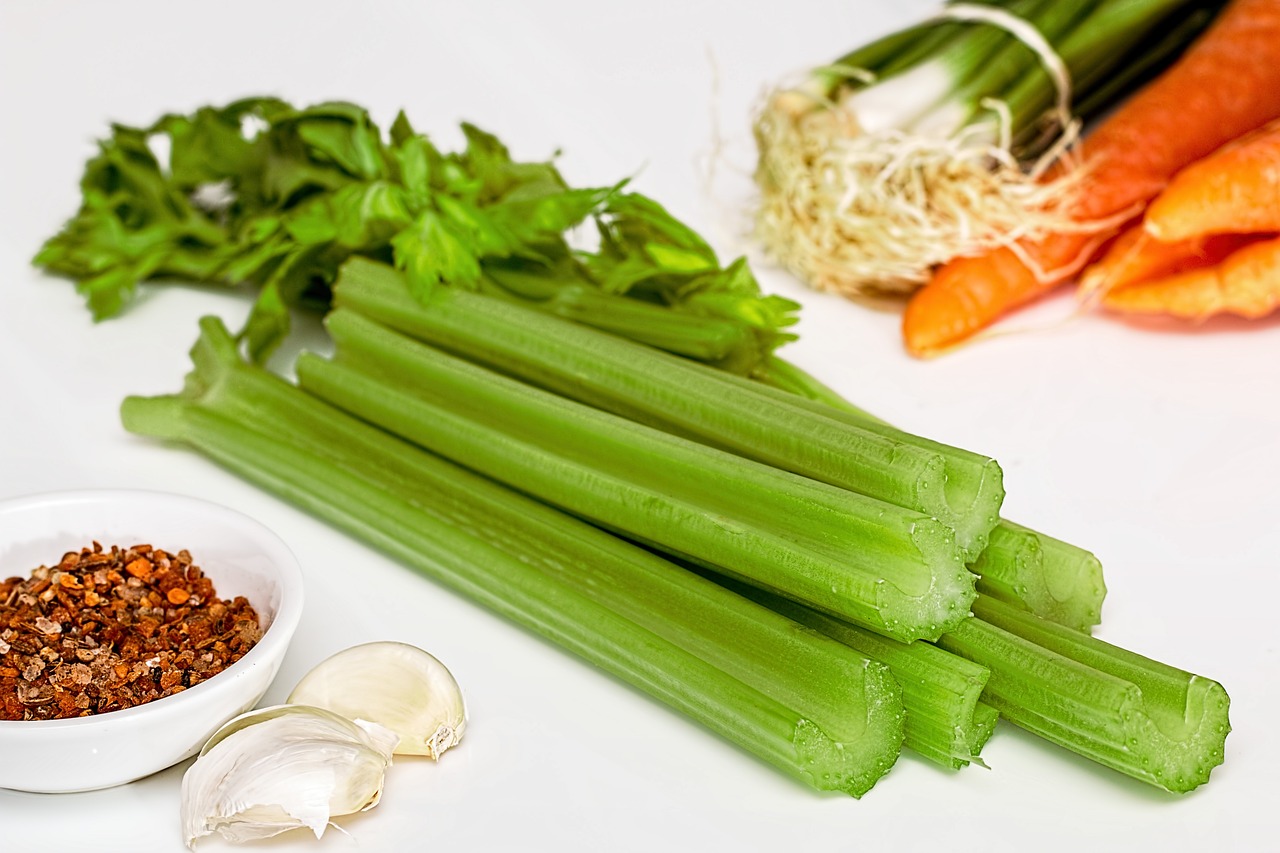 Image by Steve Buissinne from Pixabay
Image by Steve Buissinne from Pixabay
12. Cilantro
Ah, cilantro. Or should we say, sometimes soapy, sometimes not? For some people who have a certain genetic trait, cilantro will taste like soap, making it unbelievably gross. It's unfortunate though, because cilantro is rich in antioxidants and has a unique flavour that many argue enhances dishes.
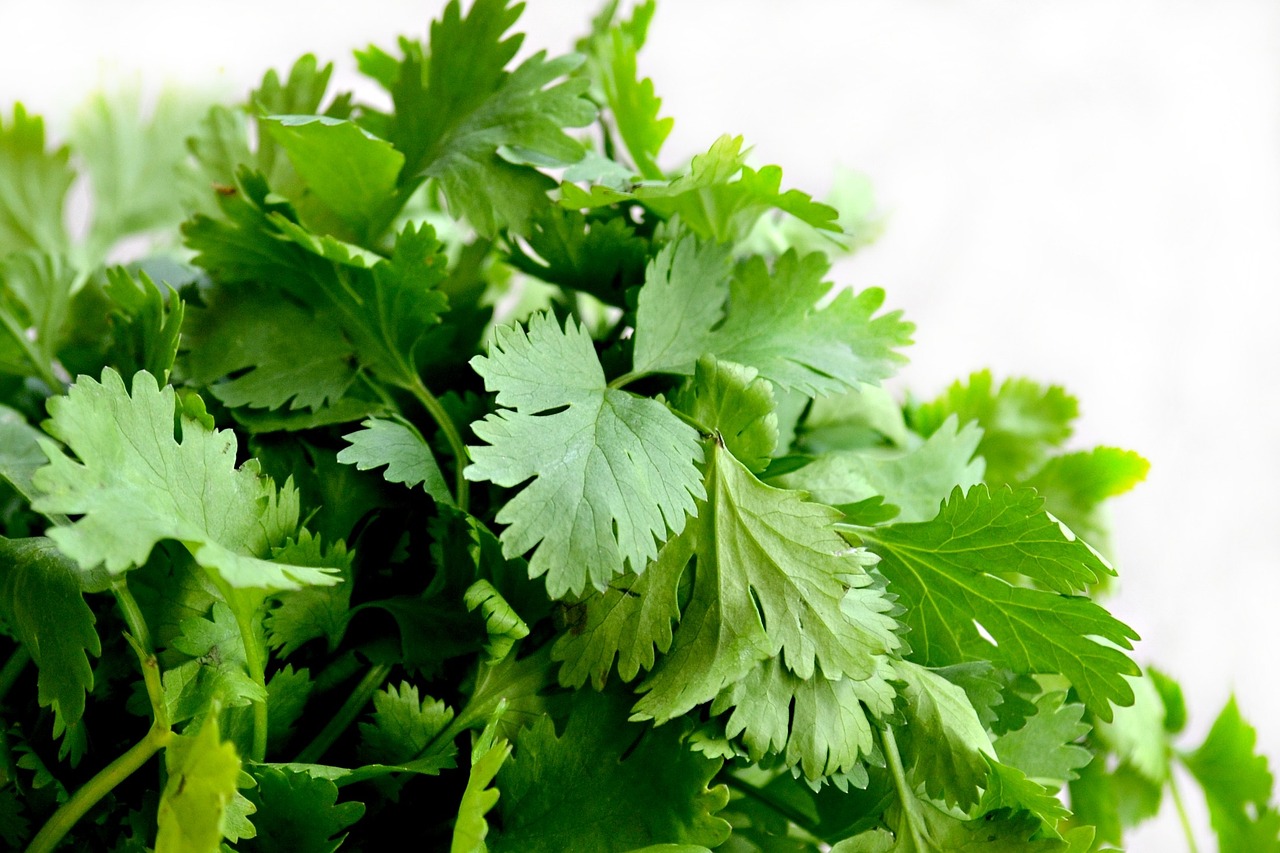 Image by ReStyled Living from Pixabay
Image by ReStyled Living from Pixabay
13. Radishes
Low in calories and high in vitamin C, potassium, and fiber, radishes seem like a great vegetable. Sadly, their peppery and somewhat spicy flavour makes them a less favoured vegetable for those who prefer milder tastes.
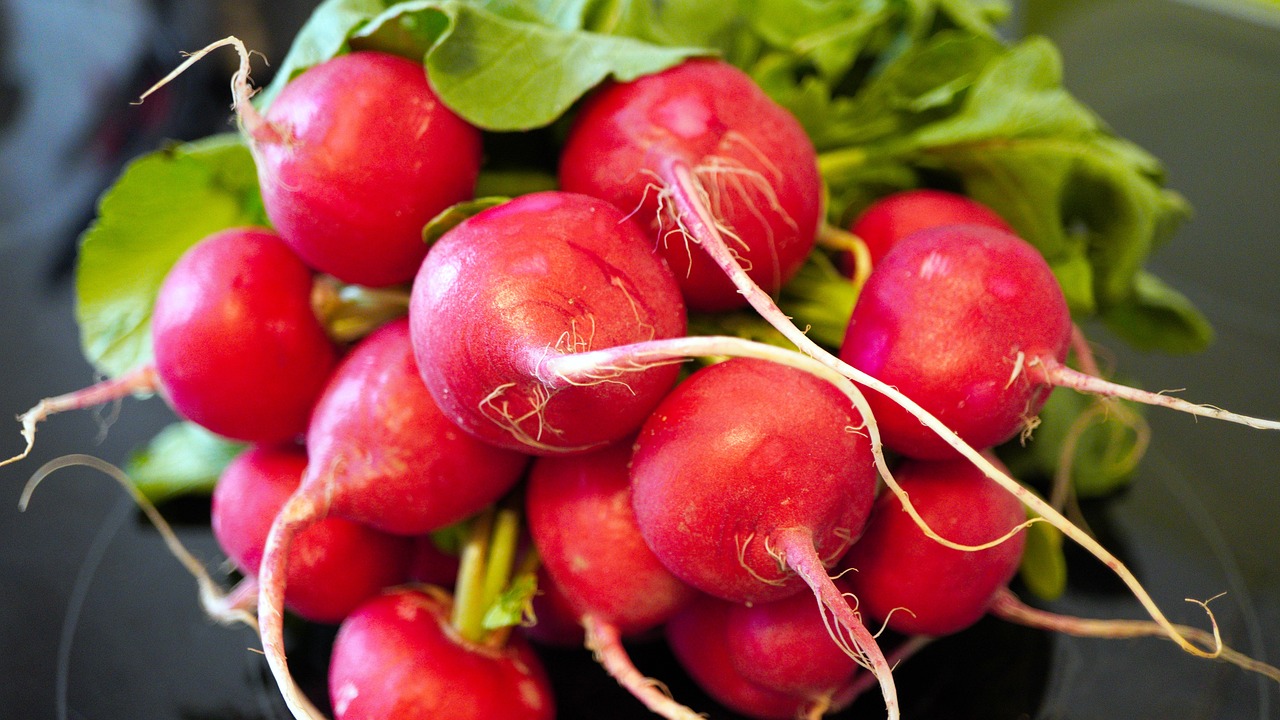 Image by Matthias Böckel from Pixabay
Image by Matthias Böckel from Pixabay
14. Mushrooms
Although mushrooms are a great source of protein, fiber, and vitamins, especially for vegetarians and vegans, there are tons of people who still hate them. Many argue it's their earthy flavour and sometimes slimy texture when cooked that causes them to steer clear of them.
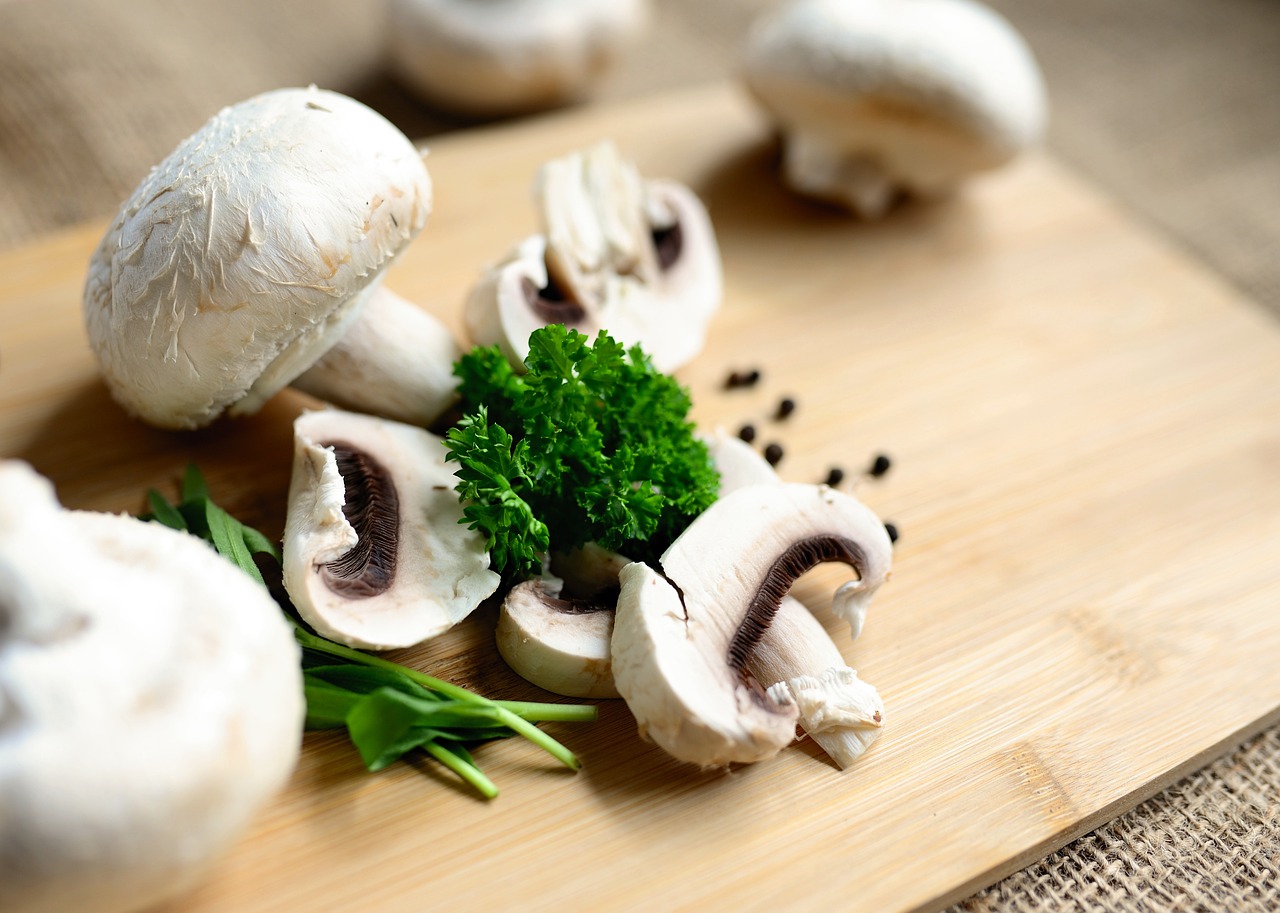 Image by congerdesign from Pixabay
Image by congerdesign from Pixabay
15. Chia Seeds
Packed with omega-3 fatty acids, fiber, and minerals, chia seeds are excellent for improving heart and digestive health. Most commonly eaten in their "pudding" form, that's where some people draw the line. Their gel-like texture when soaked isn't appreciated by everyone.
16. Okra
When it's not fried as they commonly do in the South, Okra is a very healthy vegetable that's rich in vitamins A and C, fiber, and antioxidants. But sadly, when it doesn't have that crispy, golden exterior, it has a rather slimy one, turning into a deal-breaker for most people.
17. Eggplant
With its bland taste and weird sponge-like texture that often turns mushy, eggplant is another polarizing vegetable that has people either loving it or hating it. Though it contains fiber, vitamins B1 and B6, and potassium, its health benefits can only be enjoyed by those who are skilled enough to cook it well to be eaten.
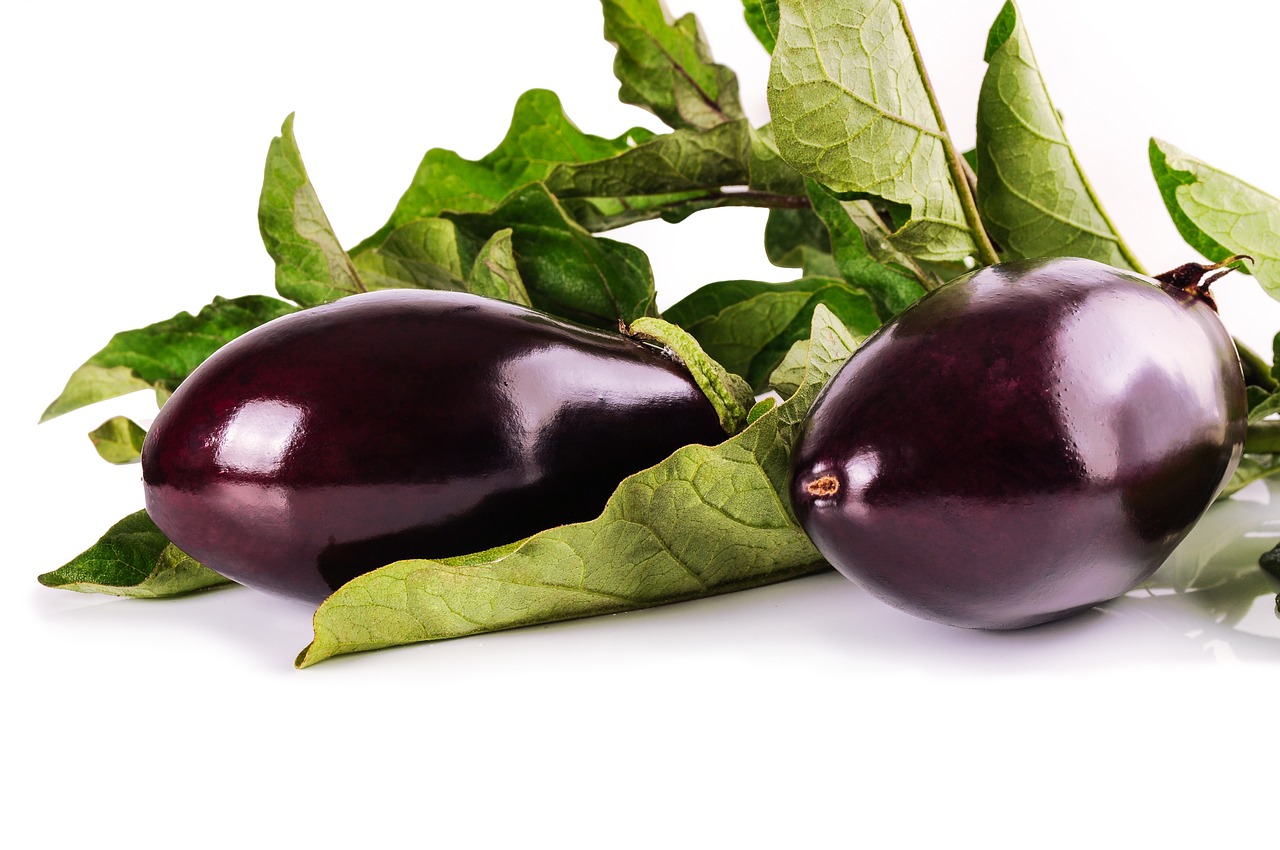 Image by Larisa Koshkina from Pixabay
Image by Larisa Koshkina from Pixabay
18. Grapefruit
Grapefruit may be a good source of vitamins C and A, antioxidants, and fiber, but its bitter and sour taste is certainly one that's hard to overcome. It has a pretty extreme flavour profile that isn't well-received by those with sensitivity to bitter flavours.
19. Papaya
Papaya is rich in vitamin C, antioxidants, and enzymes that can aid digestion. But unfortunately, its musky taste and unique smell, are disliked by some, making it a less popular fruit choice.
20. Turnips
Turnips are low in calories and high in vitamins C and K, fiber, and calcium. Their bitter and sometimes woody taste, however, makes them a less favored vegetable, especially among those who prefer sweeter or milder flavors.
KEEP ON READING

20 Food-Related Art Projects



